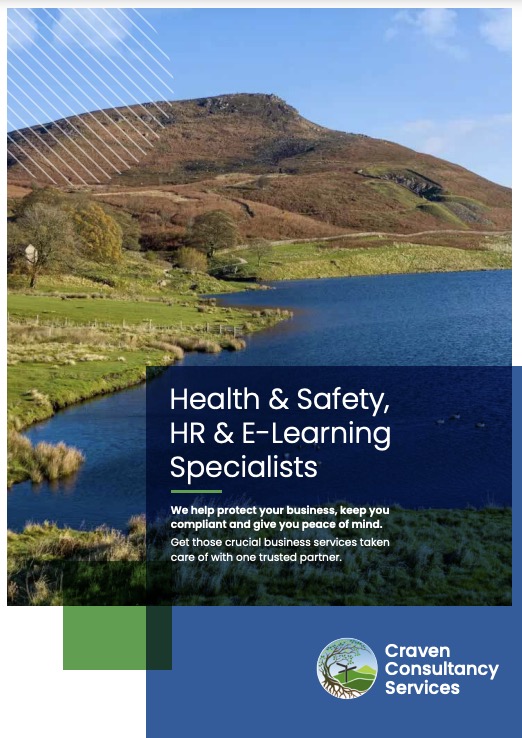Flexible Working Law in the UK: What Employers Need to Know
Flexible working is no longer just a perk. It has become a legal right and a workplace expectation. Employers who adapt to the latest flexible working law in the UK will not only stay compliant but also attract talent, improve retention, and support employee wellbeing.
Flexible Working Law UK – The Day One Right
From April 2024, all employees in the UK gained the right to request flexible working from day one of their employment. Previously, employees needed 26 weeks of service before making a request.
An employee can ask to change their working hours, working times, or work location, and employers must handle the request reasonably and respond within two months.
If the request is refused, the employer must rely on one of the eight permitted business reasons, such as cost, inability to reorganise work, or negative impact on performance or customer service. If the request is accepted, the change must be confirmed in writing and the contract updated within 28 days.
Types of Flexible Working
Employers should be ready for a variety of flexible working arrangements, including:
Part-time working – reducing contracted hours.
Compressed hours – working full-time hours over fewer days.
Flexitime – choosing start and finish times within agreed core hours.
Hybrid and remote working – splitting time between home and office.
Job sharing – two people sharing one role.
Phased retirement – reducing hours as employees approach retirement.
Having a clear flexible working policy helps ensure consistency, fairness, and compliance when managing these requests.
The Four Day Working Week – A Realistic Option?
The four day working week is often raised in conversations about flexible working. Under this model, employees typically work longer daily hours but still complete a full week’s hours over four days, without a reduction in pay.
Trials have shown benefits such as improved wellbeing and higher productivity, but challenges include fatigue, scheduling conflicts, and difficulties for shift-based or customer-facing roles.
For some organisations, the four day week may be possible, while others may find hybrid or flexitime models more practical.
Wellbeing and Flexible Working
One of the most powerful impacts of flexible working is its link to employee wellbeing. Work-related stress, burnout, and poor work-life balance are leading causes of absence in the UK. Allowing staff greater control over their working patterns can:
-
Reduce stress and anxiety by giving employees time to balance work with caring responsibilities, health needs, and personal life.
-
Support mental health by offering flexibility to attend medical appointments, therapy, or wellbeing activities.
-
Encourage healthier habits such as exercise, rest, and better sleep routines.
-
Improve job satisfaction as staff feel trusted and supported by their employer.
Embedding wellbeing into flexible working policies helps create a culture where people feel valued, which in turn increases loyalty and engagement.
Why Flexible Working Benefits Employers
Embracing flexible working delivers more than legal compliance. It provides:
-
Better recruitment and retention.
-
Improved wellbeing and reduced absence.
-
Higher engagement and productivity.
-
A stronger reputation as an employer of choice.
Challenges for Employers
Common challenges include:
-
Ensuring fairness between roles that can and cannot be flexible.
-
Maintaining communication and team culture.
-
Monitoring performance without micro-managing.
-
Updating contracts, policies, and systems to reflect the law.
With the right policies and support, these challenges can be managed effectively.
Action Plan for Employers
-
Review and update contracts to reflect the latest UK law.
-
Create a flexible working policy outlining how requests will be made and managed.
-
Train managers to handle requests fairly and manage flexible teams.
-
Pilot new working patterns such as compressed hours or hybrid models.
-
Evaluate and adjust after three to six months based on feedback.
Final Thought
Flexible working is here to stay. It is both a legal requirement under UK law and a strategic opportunity to improve recruitment, retention, and employee wellbeing.
At Craven Consultancy Services, we help employers design compliant flexible working policies, update contracts, and provide HR advice that balances business needs with employee expectations while putting wellbeing at the heart of the workplace.
If you would like a free HR audit or guidance on implementing flexible working in your organisation, get in touch with our team today.













